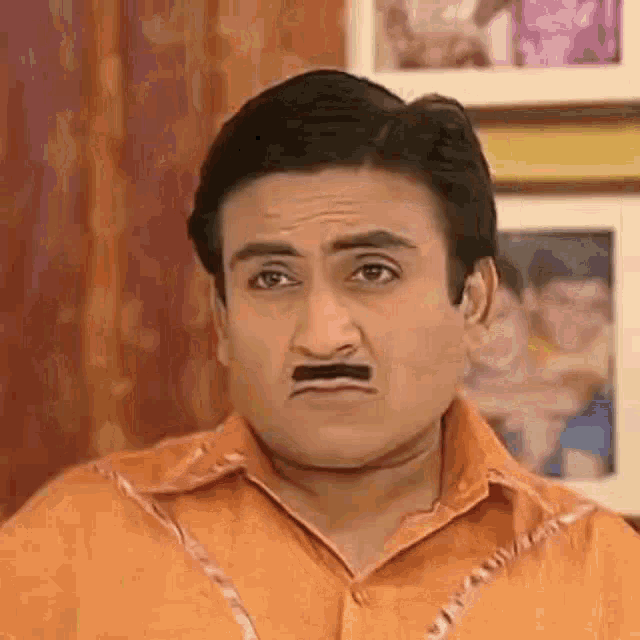Originally posted by: return_to_hades
I am against language impositions of any kind. Yes, language can be a part of someone's identity. But it is up to the individual to decide that. We can go about imposing a certain language as someone's identity just because they were born somewhere or belong to a certain family.
Many of India's larger cities are cultural hubs. They are home to people with different linguistic backgrounds. You can find hundreds of languages and dialects spoken within a small area. Naturally, when there is linguistic diversity a lingua franca emerges.
In North Indian cities the lingua franca is Hindi because it has the widest speaking range and most people were familiar with a form of Hindi. In South Indian cities the lingua franca is English because due to colonization it was the language they had in common.
In a place like Bombay which is along the north-south divide, Hinglish emerged which combined Hindi, English, and even Marathi the local language. Most Hindi speakers cringe when Bombayites speak Hindi because it is dramatically incorrect and uses tons of borrowed words. I had a mind-blowing moment in my life when I learned that Kanda-batata is not Hindi. Outside the upper class that has an immersive English education - Bombay spoken English can be terrible with many improperly formed sentences and frequent insertions of a Hindi word.
My mother did a major part of her schooling in USA before her parents moved back to India. So she only knew Gujarati and English. She did not know Hindi or Marathi. As a result, my English is solid because she could always correct my English but my Hindi/Marathi is terrible because she can't read or write those languages properly. But she has incredible speaking fluency. She learned to speak Hindi/Marathi as a 15-16-year-old after moving back from the US. She learned to speak Konkani as an adult after marriage.
I also sometimes cringe at the expectation that people know their "mother tongue" because I don't speak my mother tongue, Gujarati. I speak my father tongue, Konkani because I grew up immersed in my father's side of the family. I wish I was more immersed in the Gujarati side of my culture, but language is not one I regret. Gujarati is still widely spoken, but Konkani is spoken by fewer people and the variation in Konkani in communities up and down the Konkan coast is stunning.
There was a time when German was actually the most spoken language in the United States to the extent that the founding fathers almost made German the national language. But English eventually won over. Most Americans now speak English. After multiple generations of being born in the USA, immigrants who came from all over the world lost their native tongues to English. Today so many Americans will proudly claim Italian, German, Polish, or other European descents but know scant little of their home language and culture.
The point is you don't need to speak a certain language. You get to decide your linguistic identity and no one can impose that on you. And it might evolve over time. Today you are where you are - tomorrow life may take you to another part of the world that might shape your linguistic identity differently.
Always try to speak the local language because it is a respectful thing to do. At the same time never demand someone speak your local language because respect is earned not demanded. Don't make fun of accents or mistakes because learning a language is hard.
Try to learn a new language because it's a valuable skill to have and can open a whole world of new possibilities. I speak four languages and continue learning Spanish. I plan to learn another language when I get through Spanish on Duolingo.
In the end its not the language you speak but your willingness to communicate with other humans that matter. The desire to communicate can overcome anything. But no amount of language fluency can save you if you are a language arse or a language imperialist.







































2